 The Internet Engineering Task Force (IETF) has as its mission “to make the internet work better by producing high quality, relevant technical documents that influence the way people design, use, and manage the Internet“.
The Internet Engineering Task Force (IETF) has as its mission “to make the internet work better by producing high quality, relevant technical documents that influence the way people design, use, and manage the Internet“.
As part of this work, the IETF develops and promotes voluntary Internet standards, in particular the standards that comprise the Internet protocol suite (TCP/IP).
These standards include HTTP status codes, which are derived from both IETF internet standards, IETF RFCs other specifications and some additional commonly used codes.
The IETF’s HTTP Working Group has recently published a draft RFC proposing a new HTTP status code – status code 451 – for use when resource access is denied as a consequence of legal demands.
The draft’s introduction gives the rationale for the proposal:
This document specifies a Hypertext Transfer Protocol (HTTP) status code for use when a server operator has received a legal demand to deny access to a resource or to a set of resources which includes the requested resource.
This status code can be used to provide transparency in circumstances where issues of law or public policy affect server operations. This transparency may be beneficial both to these operators and to end users.
Getting into detail, the draft states that responses using this status code should include an explanation in the response body of the details of the legal demand, i.e. the party making it, the applicable legislation or regulation and the classes of person and resource to which it applies.
The use of the 451 status code implies neither the existence nor non-existence of the resource named in the request. That is to say, it is possible that if the legal demands were removed, a request for the resource still might not succeed.
The draft also gives an example of status code 451 in action.
HTTP/1.1 451 Unavailable For Legal Reasons
Link: <https://spqr.example.org/legislatione>; rel=”blocked-by”
Content-Type: text/html
<html>
<head><title>Unavailable For Legal Reasons</title></head>
<body>
<h1>Unavailable For Legal Reasons</h1>
<p>This request may not be serviced in the Roman Province
of Judea due to the Lex Julia Majestatis, which disallows
access to resources hosted on servers deemed to be
operated by the People’s Front of Judea.</p>
</body>
</html>
For those unfamiliar with the People’s Front of Judea, here’s some background information. 🙂
One of the reasons behind the proposal is that existing status code 403 (Forbidden) was not really suitable for situations where legal demands mean access to resources is denied.
Comments on the draft will be received until 13th May 2016.
The numbering of the status code pays homage to science fiction author Ray Bradbury‘s 1953 dystopian novel, Fahrenheit 451.
 Bristol Wireless has been using the free and open source CiviCRM customer relationship management software to manage its contacts for years. So we were very pleased to hear that CiviCRM’s Core Team is pleased to announce that CiviCRM version 4.7 will be released on 27th January.
Bristol Wireless has been using the free and open source CiviCRM customer relationship management software to manage its contacts for years. So we were very pleased to hear that CiviCRM’s Core Team is pleased to announce that CiviCRM version 4.7 will be released on 27th January. 
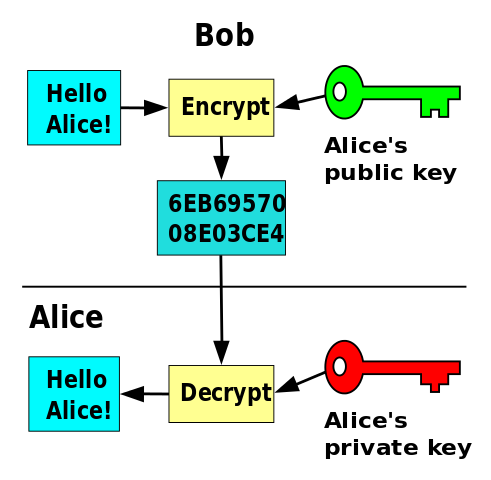
 The
The 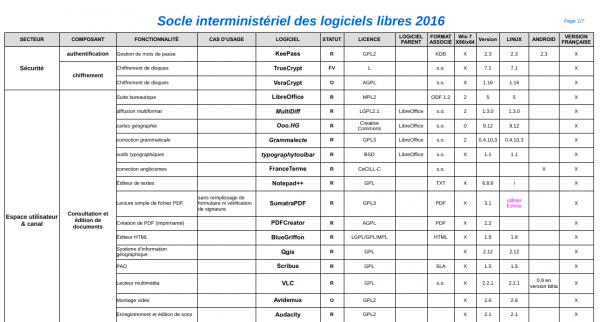
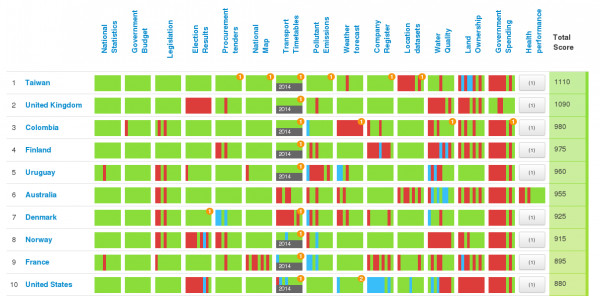
 Professor Ian Craddock, the Director of
Professor Ian Craddock, the Director of 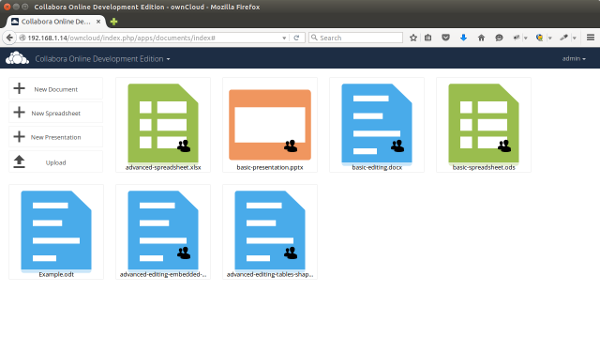
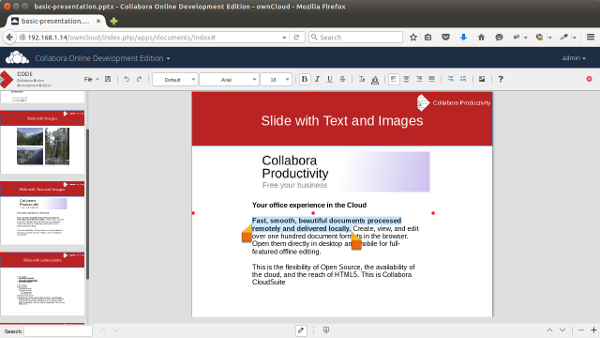
 It’s a rumour that’s been growing: Beijing-based electronics company
It’s a rumour that’s been growing: Beijing-based electronics company 
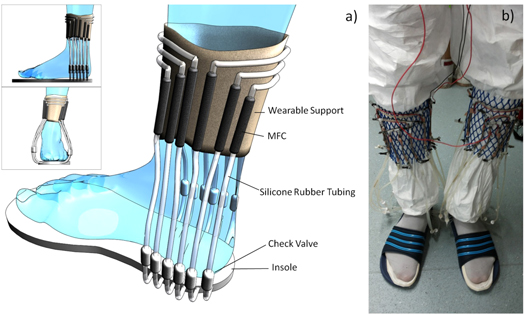
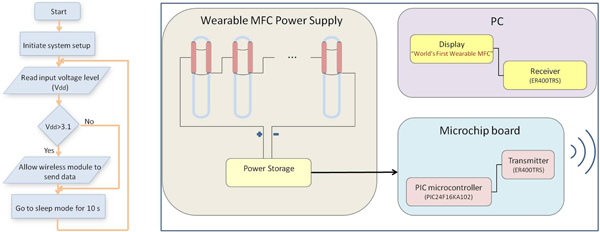

 Reporting on proposed changes to IT policy at Bern city council, Switzerland’s
Reporting on proposed changes to IT policy at Bern city council, Switzerland’s 
 Computer system failures in the aeronautical world are nothing exceptional, but always have a far-reaching effect, stranding thousands of passengers on the ground. This is exactly what happened last Saturday at Orly which had to halt of all its inbound and outbound air traffic for more than half an hour. Besides the inconvenience caused, it’s above all the origin of the failure that is somewhat surprising. According to the French satirical paper
Computer system failures in the aeronautical world are nothing exceptional, but always have a far-reaching effect, stranding thousands of passengers on the ground. This is exactly what happened last Saturday at Orly which had to halt of all its inbound and outbound air traffic for more than half an hour. Besides the inconvenience caused, it’s above all the origin of the failure that is somewhat surprising. According to the French satirical paper  “In open source software the software’s source code is published and freely available to the public. The software can therefore be freely copied, adapted and distributed. Software standards between applications that work, services, systems and networks that work with each other can be inspected with open standards.”
“In open source software the software’s source code is published and freely available to the public. The software can therefore be freely copied, adapted and distributed. Software standards between applications that work, services, systems and networks that work with each other can be inspected with open standards.”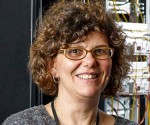 The first of the Bristol academics named as finalists is
The first of the Bristol academics named as finalists is 
 Wikipedia, the free, collaborative encyclopaedia has been awarded Spain’s Princess of the Asturias Prize for international co-operation. The award was presented by the Spanish king and queen, the
Wikipedia, the free, collaborative encyclopaedia has been awarded Spain’s Princess of the Asturias Prize for international co-operation. The award was presented by the Spanish king and queen, the